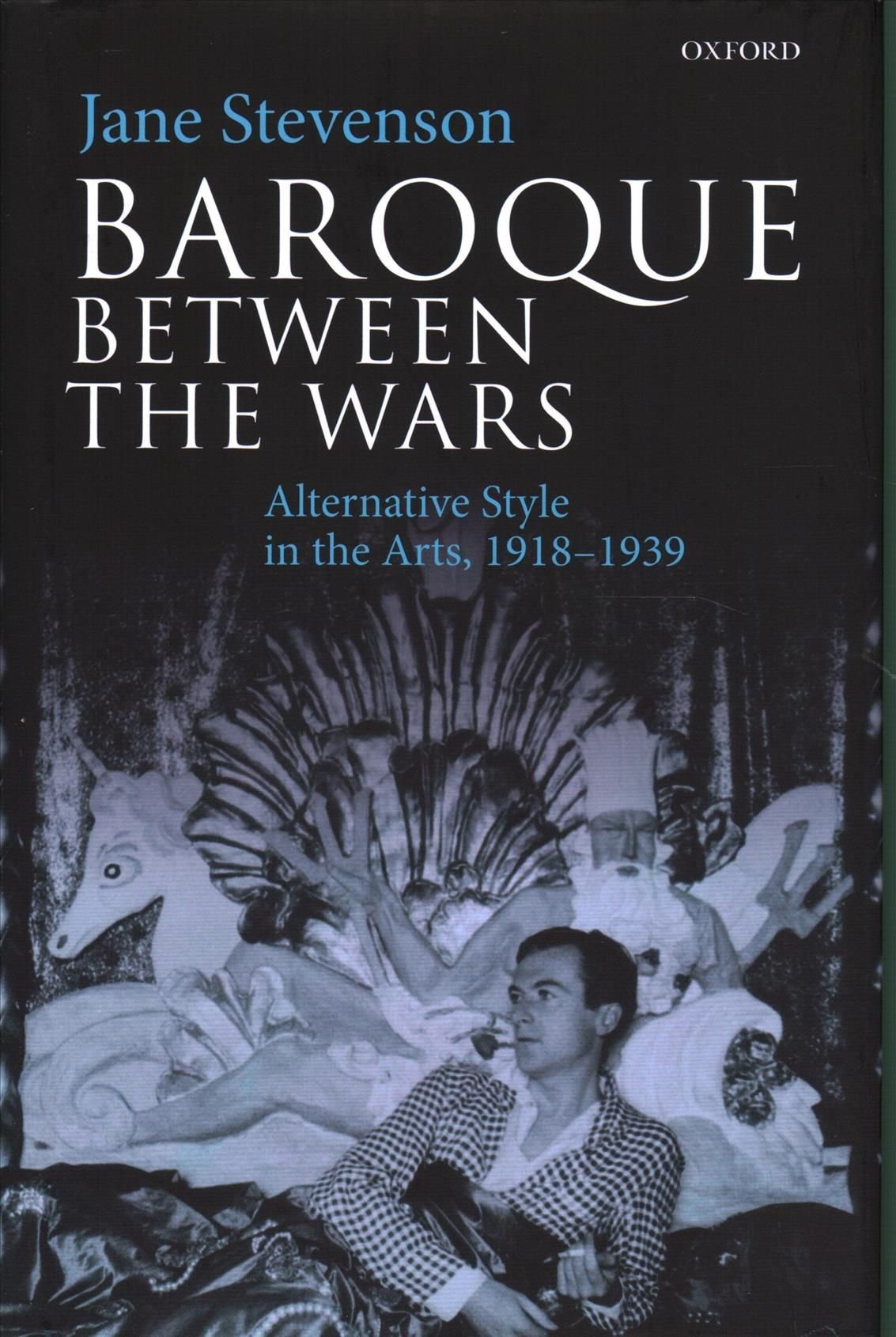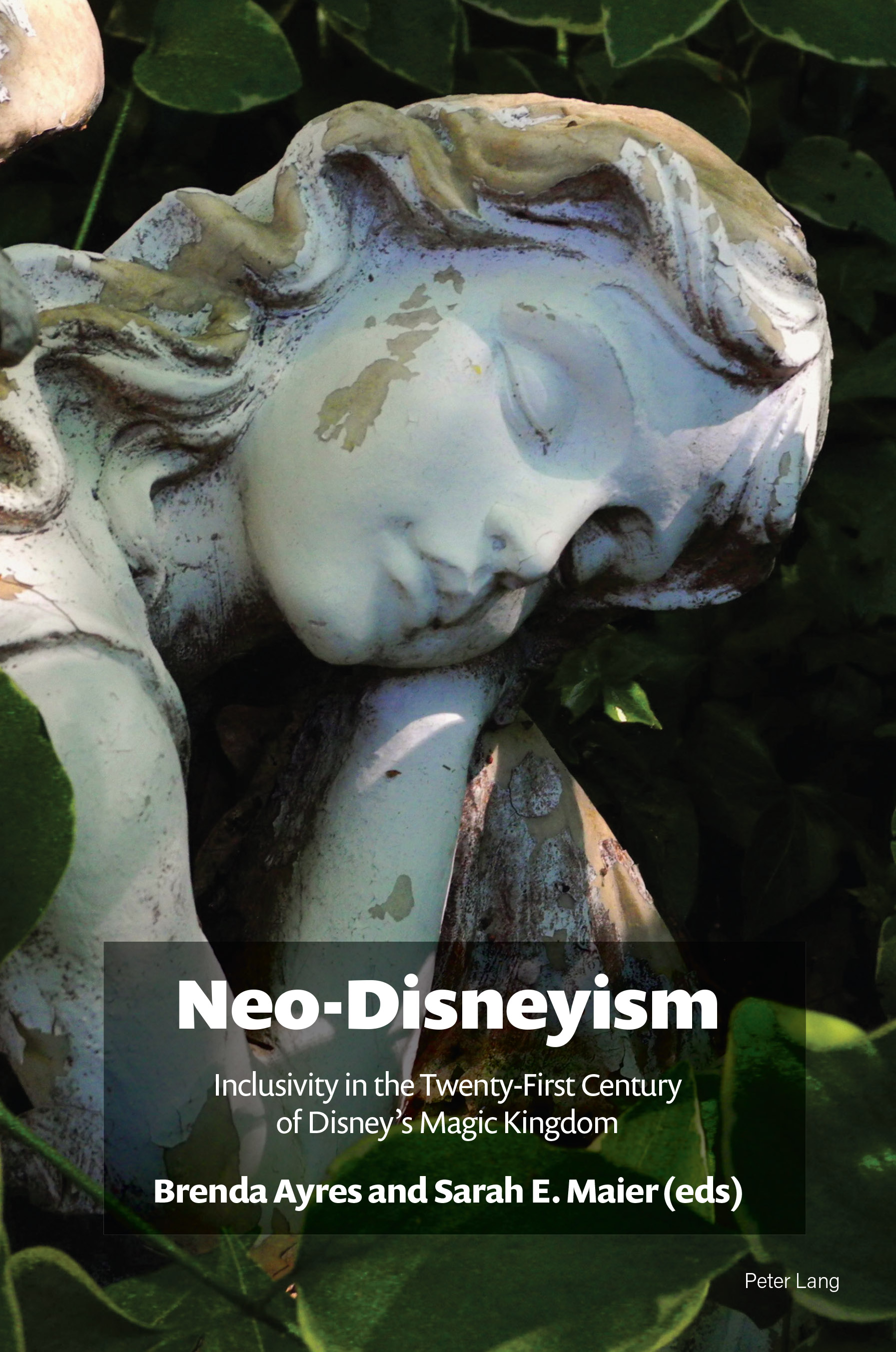Diasporic Identities and Empire: Cultural Contentions and Literary Landscapes explores traditional theories on hybridity, generated in consideration of multicultural infusions, and at times profusions, of colonial migrations. Arguments on defining Englishness and the insinuations of a ‘fixed centre’ for the marginalised are now considered on a global scale as postmodernity defies imperial homogeneity. Although postcolonial studies have largely been Anglocentric and Western in focus, developments elsewhere have opened up theoretical applications on cultural shifters such as that of the diaspora. The Arabian world, the Caribbean, North and Latin America, Australia, and more recently, countries such as Ireland and Scotland, have emerged as regions confronted with comparable power struggles.Mass migration, exile, refugee reshuffling and diasporic repositioning provide neo-hermeneutics on the predicament of the global, which is undergoing major geopolitical and cultural transformation. This volume addresses how writing from the peripheries is developing a new worldview through diasporic modes of thought. By moving beyond the facile search for an imperial ‘centre,’ these contributions provide an understanding of the rupture in identity since there is a feeling of ‘being held back from a place or state we wish to reach . . .’ (Brooks). This volume is a unique collaboration by academic scholars from four different continents, and a vast number of regions, critically converging on the contemporaneous debate that problematizes the diasporic identity.












